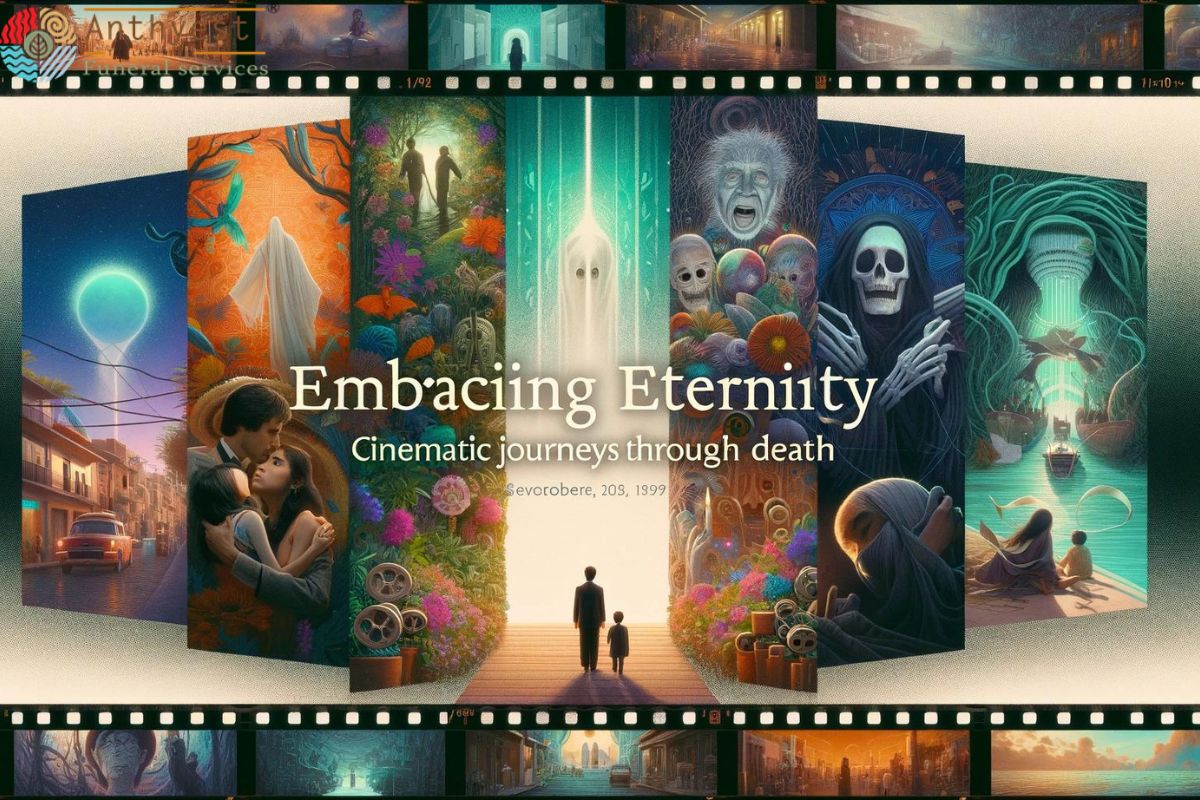
How to Write the Perfect Obituary (with Example)
Writing an obituary can be a challenging task, especially during a time of grief. It serves as a final tribute to a loved one, announcing their passing and celebrating their life. At Anthyesti Funeral Services, we understand the importance of honoring a life well-lived. This guide aims to help you craft an obituary that not only informs but also touches the hearts of those who knew and loved the deceased. How to Write the Perfect Obituary (with Example)
Understanding How to Write the Perfect Obituary (with Example):
An obituary serves multiple purposes: it notifies the community of the death, provides details about funeral or memorial arrangements, and celebrates the life of the deceased. It’s an opportunity to share significant achievements, personality traits, and the legacy left behind. How to Write the Perfect Obituary (with Example).
Step-by-Step Guide How to Write the Perfect Obituary (with Example):
- Gather Personal Information: Start by collecting all the essential details of the deceased, including their full name, age, place of birth, and date of death. You may also want to include information about their education, career, and passions.
- Mention Key Life Events: Highlight significant life milestones such as graduations, marriages, retirements, and other accomplishments. These events help paint a picture of the life lived.
- Include Family Members: List the surviving family members as well as those who have predeceased the individual. This typically includes close family but can be extended to a wider circle, depending on the deceased’s social connections.
- Add Personal Touches: Share anecdotes or traits that capture the essence of the person. Was the deceased known for their sense of humor, generosity, or another endearing quality? These details add depth to the obituary.
- Funeral Details: Provide information about the time, date, and location of the funeral services to inform those who may want to attend or send condolences.
- Closing Thoughts: End with a meaningful quote, a thank you note to a caregiving organization, or a request for donations to a charity favored by the deceased.
Example of Movies that have Portrayed Death Beautifully:
In Loving Memory of John Doe
John Doe, 74, of Kolkata, passed away peacefully surrounded by family on June 18, 2023, after a courageous battle with illness. Born in Kolkata on April 10, 1949, to Sarah and George Doe, he grew up in a lively neighborhood that shaped his exuberant personality.
John graduated from St. Xavier’s College, where he developed a lifelong passion for literature. He worked as an editor for The Kolkata Chronicle, where his keen eye and witty commentary elevated the newspaper’s content. John retired in 2014, dedicating his time to mentoring young writers and volunteering at the local library.
He married his college sweetheart, Anjali, in 1975. Together, they traveled the world, collecting stories and making friends wherever they went. John is survived by Anjali, their two children, Rahul and Priya, and four grandchildren. He was predeceased by his sister, Mary.
John was known for his infectious laugh, generosity, and love for Bengali cuisine. His family will host a gathering to celebrate his life on June 25, 2023, at their residence in Kolkata. In lieu of flowers, donations can be made to the Kolkata Literary Festival, a cause close to John’s heart.
John’s family would like to thank the staff at Kolkata General Hospital for their care and compassion during his final days. He will be deeply missed by all who knew him.
Conclusion:
Writing an obituary is a profound honor and a final act of love for the deceased. It can be a therapeutic process, helping you and others to remember and celebrate the unique life of your loved one. At Anthyesti Funeral Services, we are here to support you in this important task, ensuring that your tribute is respectful, comprehensive, and heartfelt.
FAQ’s:
1. What is the purpose of an obituary?
The primary purpose of an obituary is to inform the community of a person’s passing and to detail the funeral or memorial arrangements. Additionally, an obituary celebrates the life of the deceased, highlighting their personal history, significant achievements, and the impact they had on their family and community.
2. What information should I include in an obituary?
An obituary typically includes:
- The full name of the deceased, along with their age and place of residence.
- The date and place of birth, and the date and cause of death (if desired).
- Names of places where the person lived, schools attended, and their employment or career details.
- Important personal achievements, hobbies, or passions.
- Names of surviving family members and notable predeceased family members.
- Details of the funeral or memorial service, such as time and location.
- Special messages such as requests for charitable donations in lieu of flowers.
3. How long should an obituary be?
The length of an obituary can vary, but typically, it ranges from a few sentences to a full newspaper column. The length may depend on the medium of publication and the life details of the deceased. However, concise and meaningful is often best to maintain the reader’s attention.
4. Are there any common mistakes to avoid when writing an obituary?
Yes, common mistakes include:
- Omitting important family members or incorrect facts about the deceased’s life.
- Not providing clear funeral service details.
- Overloading the obituary with too much information, making it difficult to read.
- Failing to proofread, resulting in typographical or grammatical errors.
Call us at +91-98833-18181
All Categories
- Ambulance (6)
- Anthyesti Biopic Cinema (11)
- Blogs (330)
- Condolences (8)
- Cremation Center (10)
- Cremation Service (58)
- Dead Body Carrier (20)
- Dead Body Freezer Box (49)
- Dead Body Transport (132)
- dead body van (3)
- Death Ceremony (8)
- FAQ (18)
- Freezer box (20)
- Funeral Communities (10)
- Funeral Service (53)
- General (5)
- hearse van service (48)
- Last Rites Pujas (2)
- Last Rites Rituals (10)
- Media Mentions (9)
- Pind Daan (1)
- Pitru Paksha (3)
- Pre Planning Funeral (11)
- Priest Funeral Service (1)
- Shraadh Rituals (3)
- Uncategorized (3)
- Vaikunta Samaradhane rituals (1)
- We are in News (19)





